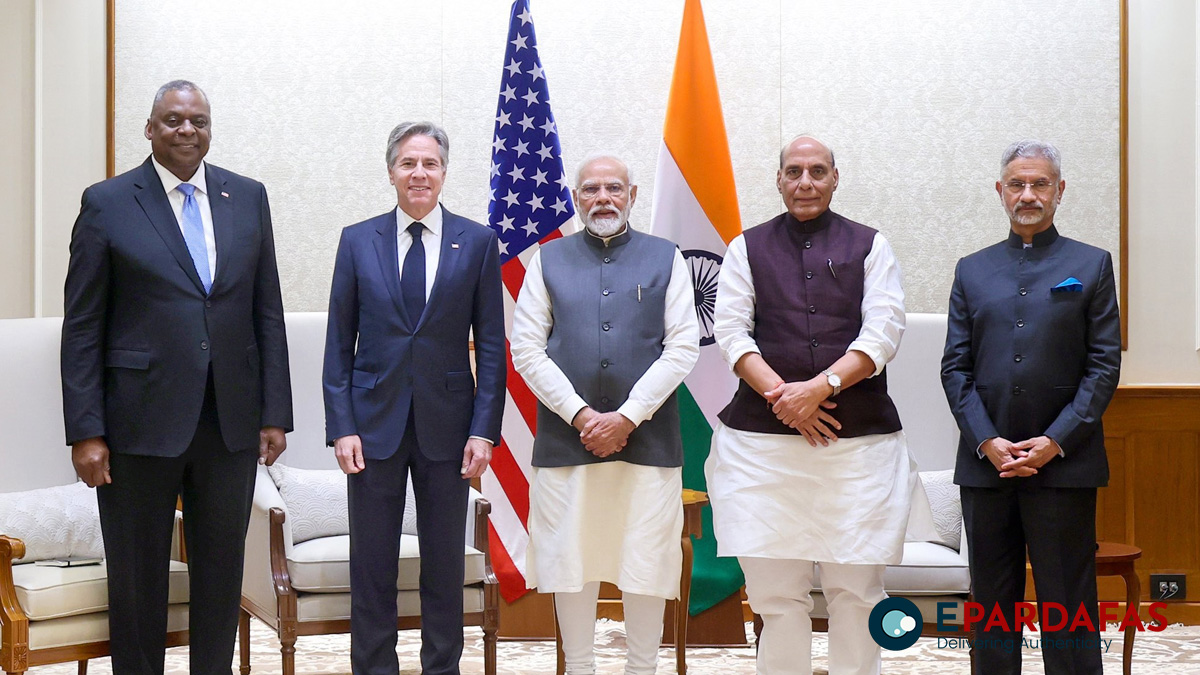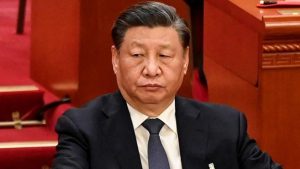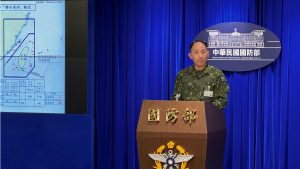
India and US Move Toward Bilateral Trade Deal Amid Tariff Concerns
India and the United States have agreed to finalize part of a bilateral trade deal by this year, but neither side has indicated any tariff exemptions for the world’s most populous nation. Both countries held trade talks in New Delhi this week, just days before the start of U.S. President Donald Trump’s reciprocal trade tariff regime, which includes punitive import levies against India, from April 2.
India’s protectionist policies and its trade surplus with the United States leave it vulnerable to potential retaliatory tariffs from the Trump administration. Officials from both sides had “broadly come to an understanding on the next steps towards a mutually beneficial, multi-sector Bilateral Trade Agreement (BTA), with the goal to finalize its first tranche by fall 2025,” India’s commerce ministry said in a statement late Saturday.
Both countries “exchanged views on deepening bilateral cooperation in priority areas, including increasing market access, reducing tariff and non-tariff barriers, and deepening supply chain integration.” However, there was no suggestion in the statement that any action on these barriers would be taken before Tuesday, when new U.S. tariffs on its worldwide trade partners are set to begin.
Credit rating agency India Ratings and Research projects that the proposed tariffs could see India’s exports to the United States decline by up to $7.3 billion in the next fiscal year. The world’s fifth-largest economy has, over the last two months, sought to reduce trade tensions with Washington by cutting tariffs on a few products, including high-end motorcycles and bourbon whiskey.
Before this week’s trade mission, Indian media reports suggested that the government might offer to scrap a levy on online services such as advertising. The reports also stated that New Delhi was willing to cut tariffs on cars, electronics, and medical services. The Indian Express newspaper, quoting an unnamed government official, reported Sunday that the counterparts had “substantial convergence on the contours of a trade deal.” However, they had not yet finalized the terms of reference to clearly define the scope of the agreement.
The U.S. decision to impose a 25 percent tariff on nations that purchase oil from Venezuela will also affect India, which has been a buyer of the Latin American country’s crude.
Trump, after calling India “one of the highest tariffing nations in the world,” later hinted that “it’s going to work out very well” with New Delhi, without providing further details.













Comments